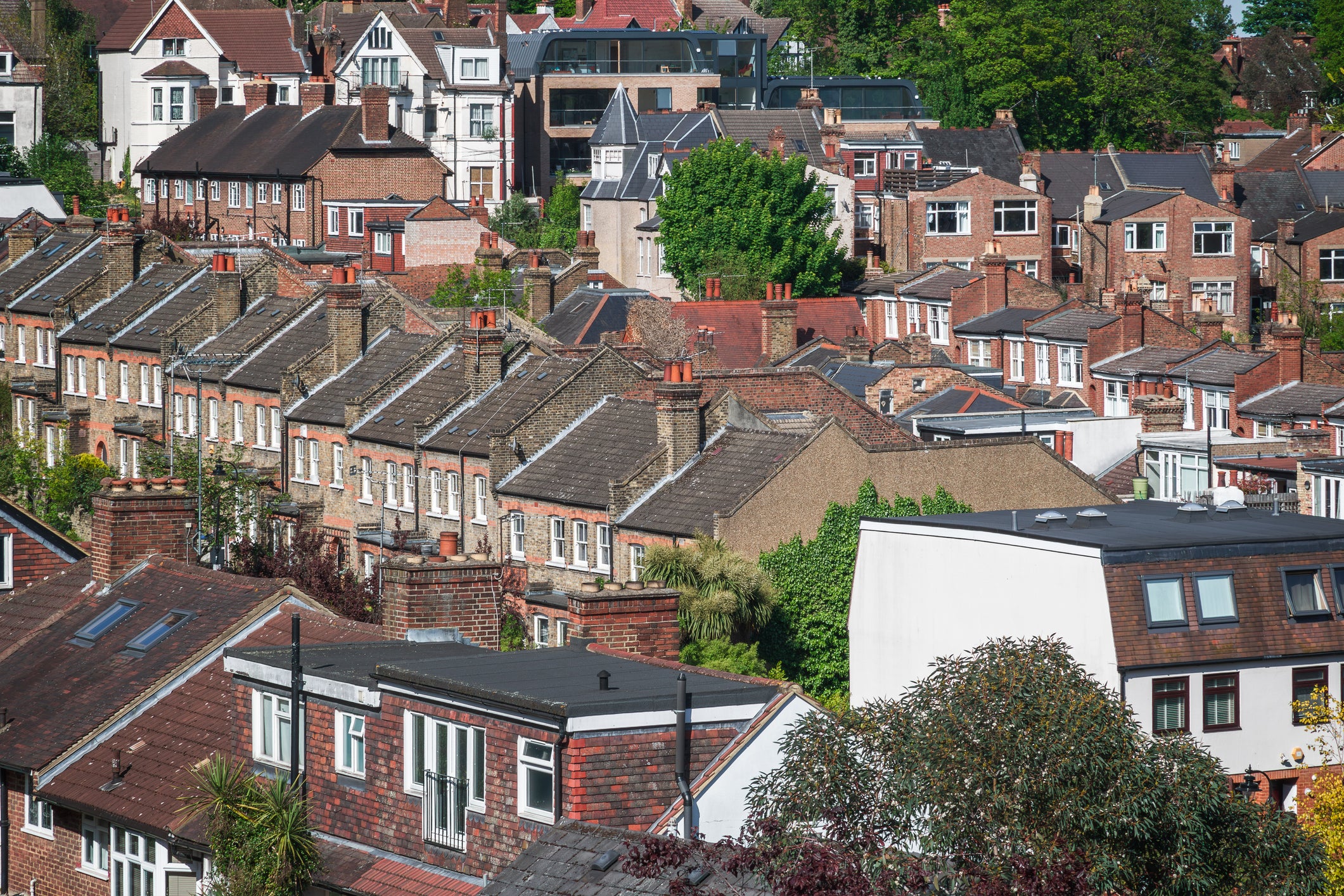The cost of renting in the UK has seen a sharp rise over the last few years, new data shows, increasing by an average of £221 a month in just three years.
This makes the cost of renting 21 per cent more expensive than three years ago, the analysis by Zoopla finds, far outstripping inflation.
The average monthly rent in spring was £1,283, figures from the property website show. London continues to be the UK’s most expensive city for renters, at an average of £2,101 a month in 2025.
This is followed by Oxford (£1,747), Brighton (£1,640) and Cambridge (£1,600), the data shows. Meanwhile, northern areas Burnley (£625), Hull (£652) and Grimsby (£656) have the cheapest rents.
However, rental growth has varied across different areas of the UK in this time, with some surprising areas seeing prices rise much faster than others.
Over the last three years, renters in Rochdale saw the highest relative increase, with average costs rising by 34.3 per cent. This brought the average rent from £668 in 2022 to £897 in 2025.
This was followed by Bolton (31.5 per cent), Wigan (31.1 per cent), and Blackburn (29.1 per cent), pointing to a trend of quicker rising rents in the North West.
However, annual growth in average rents for new tenancies in the UK is now slowing, Zoopla reports. Its report shows that growth has shrunk from 6.4 per cent last year, to 2.8 per cent in the year to April.
But the growth in rental prices since 2022 means that private tenants have seen a greater increase in their monthly housing costs than mortgaged homeowners, the property site adds.

Its figures also show that mortgage repayments for an average outstanding loan currently sit at £1,154 per month – £129 more than the average rent.
Richard Donnell, executive director at Zoopla, said: “A shift to higher mortgage rates raised alarm over how mortgagees would be able to afford higher repayments over the last three years. The sales market has been resilient thanks to mortgage regulations that ensured borrowers could afford higher mortgage rates.
“Renters have faced similarly steep increases in the cost of renting in recent years, with rents pushed higher on strong demand and limited supply of homes for rent, which has hit lower-income renters hardest.
“The quickest way to alleviate high rents is to grow the stock of homes for rent in both the social and private rented sectors. Growing housing supply is a key government target, and it's vital that the stock of rented homes is expanded across all tenures.”
August Bank Holiday benefits and pension payments dates plus cost of living support
Mass protest planned by 500 Palestine Action supporters in bid to get ban lifted
Moment ‘tornado’ swirls over UK village caught on camera
Trump visit will not put policing in ‘detrimental position’, says Swinney
Consultant believed dispute over female changing rooms ‘was hate incident’
DWP reveals deadline for thousands of benefit claimants owed compensation







